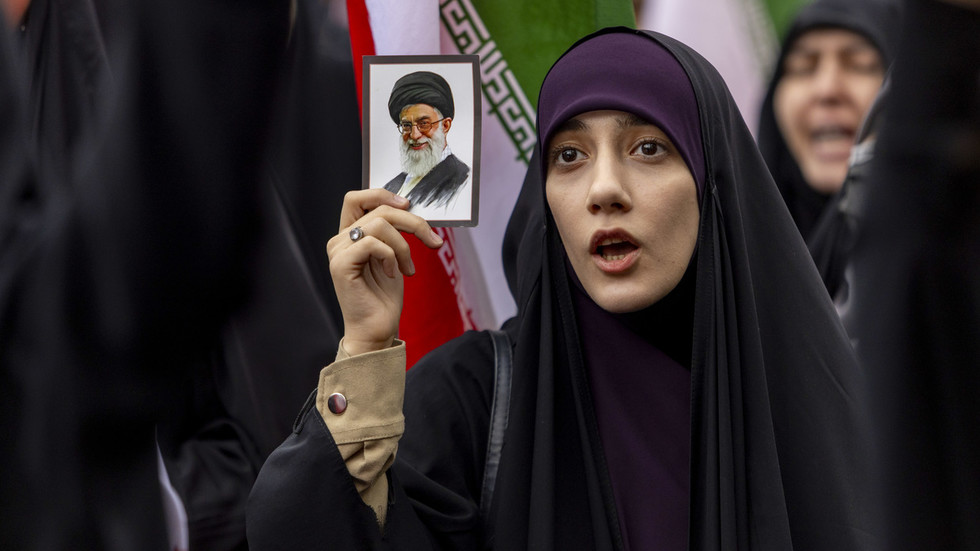Mali’s military forces and the Russian-linked Wagner Group have been accused of executing at least 12 Fulani men and forcibly disappearing 81 others since January 2025, according to a report released Tuesday by Human Rights Watch (HRW). The alleged abuses occurred during counterterrorism operations targeting Islamist militias in the West African nation, raising concerns about systemic violence against the Fulani ethnic community.
The rights organization stated that the military junta and Wagner personnel conducted joint operations in regions where armed groups linked to al-Qaeda and the Islamic State are active. HRW emphasized that Fulani communities have become targets due to perceptions that Islamist militants recruit from their ranks. This association, the group said, has led to widespread suspicion and retaliatory actions by security forces. “Entire villages are being punished for the actions of a few,” an HRW researcher noted, citing testimonies from survivors and witnesses.
The Wagner Group, a private military contractor with reported ties to the Kremlin but no formal acknowledgment from the Russian government, has faced prior allegations of human rights violations in Mali and other conflict zones. Its collaboration with Mali’s military, which seized power in a 2021 coup, has drawn international scrutiny amid worsening security and humanitarian conditions. Mali’s government has repeatedly denied targeting civilians, framing its operations as necessary to combat terrorism.
In its report, HRW urged the African Union to pressure Malian authorities to investigate the alleged killings and disappearances independently. The call comes as regional instability deepens, with jihadist groups expanding their influence across the Sahel. Analysts warn that forced disappearances and collective punishment risk further alienating communities and fueling recruitment by insurgents.
The Fulani, a predominantly pastoralist group spread across West Africa, have long faced marginalization. In Mali, tensions between nomadic Fulani herders and settled farmers have been exploited by armed factions, exacerbating cycles of violence. HRW’s findings highlight a pattern of raids, arbitrary detentions, and extrajudicial killings documented since Wagner’s arrival in late 2021.
Neither Mali’s transitional government nor Wagner representatives have publicly responded to the latest allegations. The African Union, which has pushed for a return to civilian rule in Mali, faces mounting pressure to address systemic abuses while balancing regional security priorities. The report underscores the broader challenges of stabilizing the Sahel, where military partnerships and counterterrorism strategies continue to collide with humanitarian crises.



